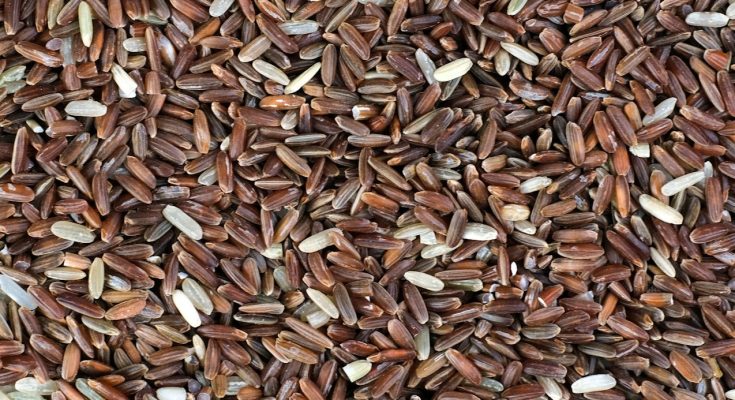Toronto/CMEDIA: The cash price of reportedly one of Canada’s most valuable crops, canola products, is continuously being hampered by the Chinese tariffs.
Two weeks after China hit Canadian canola seed with a 75.8 percent tariff, Canada felt a hit in its canola industry.
Canada’s imposition of a 100 percent tariff on Chinese electric vehicles was responded to by Beijing in its 75.8% tariffs on Canada’s Canola seeds.
The canola seed tariff came into force nearly a year after Beijing launched an anti-dumping probe into the crop.
The management of soil nutrients and limiting diseases, producers change out the crops they plant each year.
Prairie farmers tend to cycle their fields with oilseeds, cereals and pulses over a three-year period.
“You can’t just stop growing one of those crops wholesale because it’s a complex system,” Market analyst Chuck Penner with LeftField Commodity Research said. “Farmers have been through low price environments before, but usually they’re related to supply and demand, rather than these abrupt trade decisions.
“If we didn’t have this China situation, farmers would be able to plan and look ahead more effectively.”
While future prices of canola are down slightly, Penner said the cash price farmers receive for their canola, also known as the basis, is much lower.
This drop, said Penner, has resulted in farmers losing at least $140 million on their canola in the last two weeks and added that compared with March, when China imposed a 100 percent tariff on canola oil and meal, losses amounted to $800 million.
Penner also said farmers plan on growing canola next year, but just how much will depend on market forces and their land management practices, known as crop rotations.
Considered a high source of farm revenue for Canadian producers, Canola is also among the most expensive to grow.
Canola has historically been a productive and profitable crop, Chris Davison with the Canola Council of Canada says and added,
“We’re certainly going to do everything we can to help support and create the conditions that enable that to continue,” Davison said.
“A big part of that is working to make sure that we’ve got our export markets and demand for Canadian canola seed, oil and meal functioning optimally.”
Behind only the United States, China is Canada’s second-largest importer of canola products.
Davison said this year’s canola crop is shaping up to be more bountiful than last, which could create additional pressures should China’s tariffs persist.
“If harvest is larger than what is estimated, then we lose the demand signal for Canadian canola. That certainly has the real potential to make things more challenging,” he said.
Meanwhile Alberta Premier Danielle Smith and Saskatchewan Premier Scott Moe have said Ottawa should drop its 100 percent electric vehicle tariff on Beijing and added that doing so should be part of discussions between China and Canada.
“They are political issues that require a political solution,” he said. “It’s really important that we understand what it’s going to take to resolve the issue before determining which levers we can pull.”
The canola industry contributed $43 billion to Canada’s economy last year and employs roughly 200,000 people.
It was argued by China’s Ministry of Commerce that Canadian canola companies were dumping the product into the Chinese market, hurting its domestic canola oil market.
Denying dumping, Ottawa and farmers have said that the exporters are following rules-based trade.
China has until Sept, when the anti-dumping investigation formally ends, Ottawa has said, to make a final decision on the duty.
“What we can take from it is farmers and industry are at the mercy of politics,” Penner said. “There is precious little they can do about it.”





